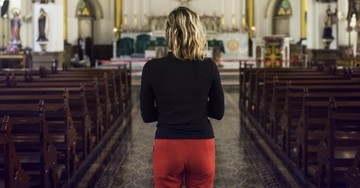7 Things You Should Know about the Middle East Christian Genocide

Photo courteys: ©Thinkstock/Memedozaslan
1. What is a Syriac Christian?
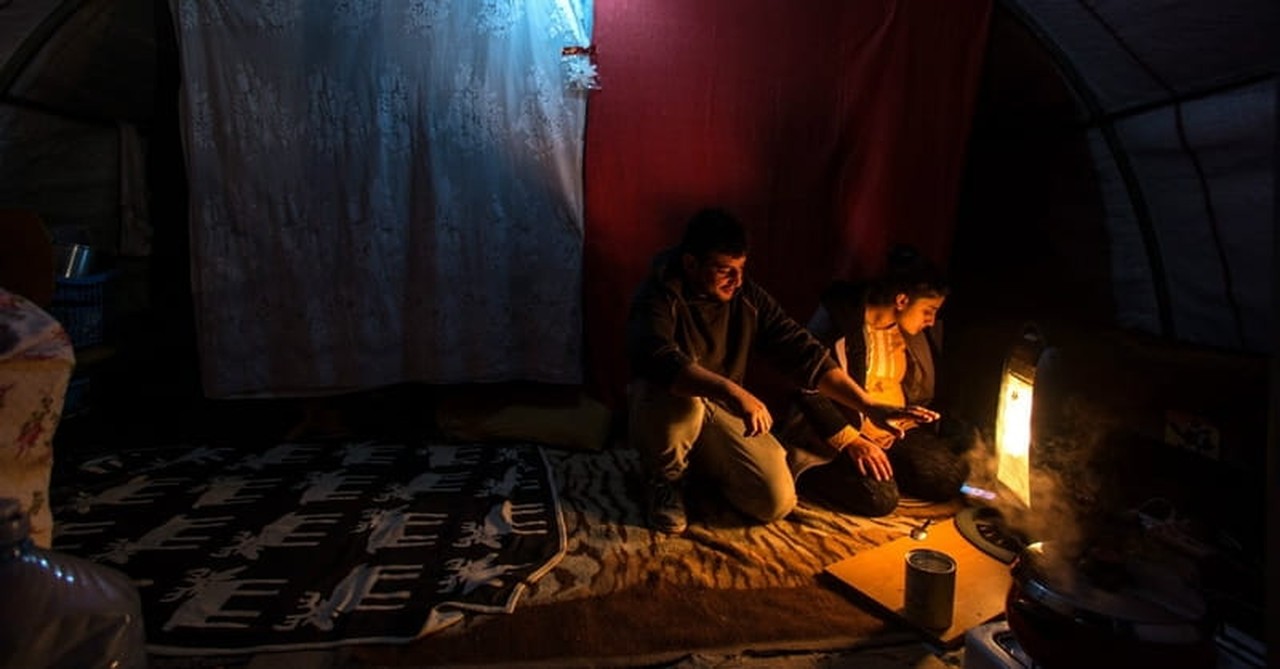
1. What is a Syriac Christian?
SLIDE 1 OF 7
Syriac Christians belong to very old churches that date back to the first Christian communities. They use Aramaic, the language of Jesus, in their church services and, in some cases, in daily life as well. The Syriac churches have a rich history: Their monasteries saved the philosophical, mathematical and medical handwritings of ancient Greece and Persia, and Syriac Christians translated Aristotle and Hippocrates into Aramaic and then into Arabic. As missionaries, they went as far as China, India, and the Philippines. Growing discrimination and persecution from Muslims has caused the recent decline of Syriac Christianity in Syria, Iraq, Iran, and Turkey.
Photo courtesy: Getty Images
2. How old is the conflict between Christians and Muslims in the Middle East?
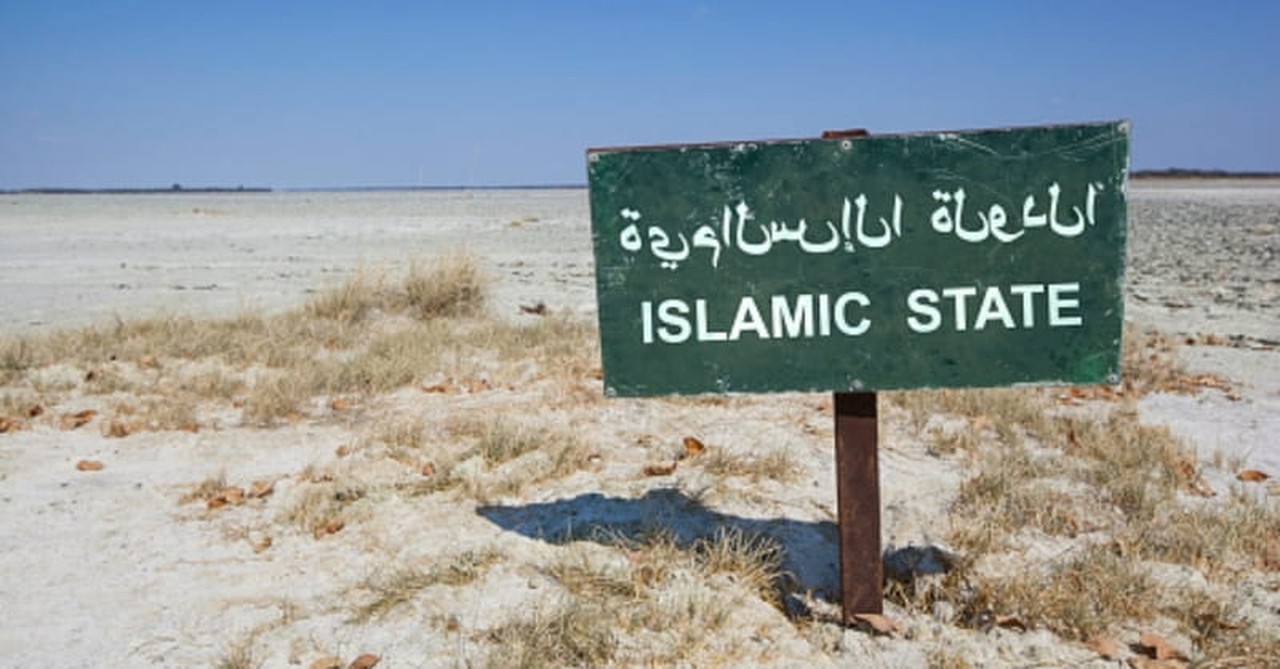
2. How old is the conflict between Christians and Muslims in the Middle East?
SLIDE 2 OF 7
The tensions between Christians and Muslims date back to the beginnings of Islam. In the beginning of his mission, Mohammed hoped that Jews and Christians would recognize his revelations as fulfilling the Jewish and Christian religions. Later, disappointed about not being accepted by these groups as a prophet of God, he developed a hostile attitude against the older religions. After the Islamic conquest of the Middle East, the new Muslim rulers were quietly tolerant of Christians at first, because they made up the majority of the population. But it wasn’t long before laws discriminating against Christians became stronger and the first massacres of Christians occurred. Over the last two centuries genocides against the Armenian, Syriac, and Greek Christians have extinguished the Christian presence in many regions of the Middle East.
Photo courtesy: Thinkstockphotos.com
3. How has the history of distrust between Christians and Kurdish authorities played out in recent years with ISIS as a common enemy?
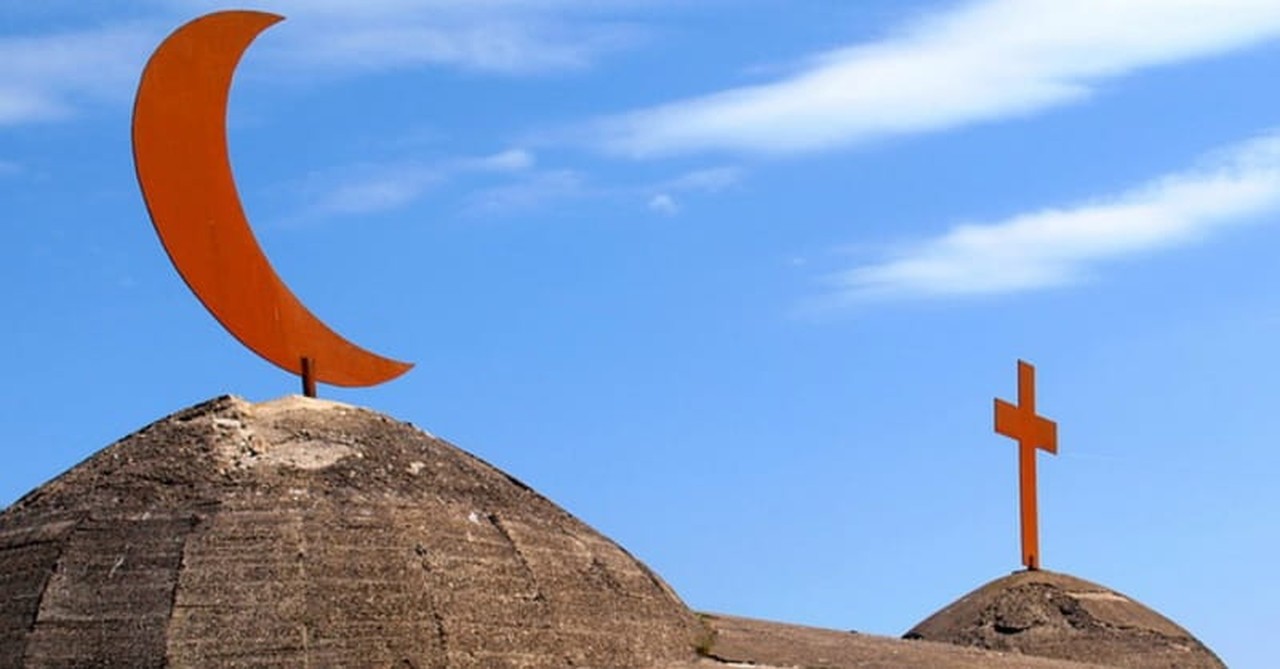
3. How has the history of distrust between Christians and Kurdish authorities played out in recent years with ISIS as a common enemy?
SLIDE 3 OF 7
Christians have remained in Iraq and Syria only as a tiny minority, and a lot of them follow the nonviolent tradition of the gospel and refuse military action. The Kurds, therefore, have had to act against ISIS with little Christian support. Furthermore, the Christians have not forgotten that for centuries nomadic Kurds have attacked Christian villages. During the genocide of 1915-16 the Kurds participated in the killing of hundreds of thousands of Christians. It’s true that in the autonomous region of Iraqi Kurdistan, the Christian minority enjoys freedom of religion. But they share this region with radical Islamic movements. That is why many Christians don’t see a future in Kurdistan and seek to emigrate to Europe, Australia, Canada, the United Sates or elsewhere.
Photo courtesy: pixabay.com
4. What would you like the Western world to know about the political situation in Iraq?
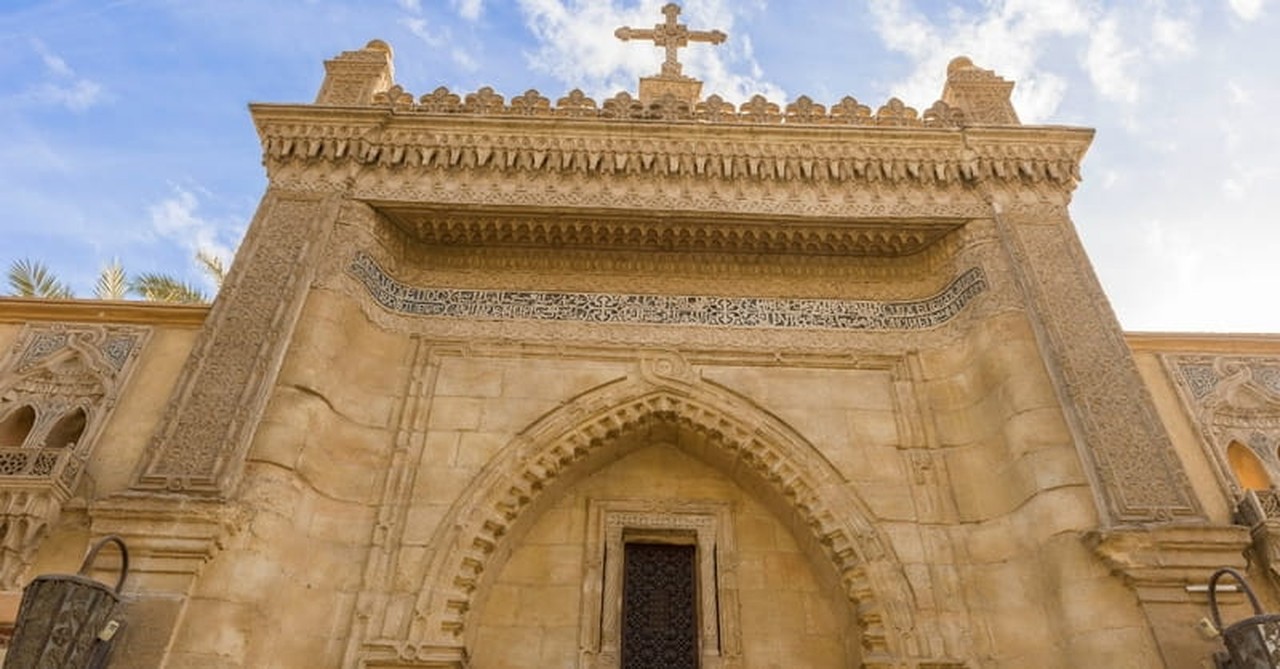
4. What would you like the Western world to know about the political situation in Iraq?
SLIDE 4 OF 7
Iraqi society is divided by the two big traditions of Islam: Sunni and Shiite. The violent conflict between these two traditions dates from the earliest time of Islam; right after the death of Mohammed the struggle for power began, to determine who would be the legitimate heirs of the new religion. Today the main protagonists of this conflict are Saudi Arabia and Iran, which stage their dispute in foreign countries (Iraq, Yemen, Syria). Since the beginning of colonialism, Western countries have incited this intra-Islamic conflict to further their own political and economic interests, and have rarely taken into consideration the delicate situation of the Christian minorities. Western nations have supported radical Islamic movements such as the Wahhabism in Saudi Arabia. And in overthrowing Saddam Hussein’s secular dictatorship, they have opened the door to even more religious extremism. Today we have to admit that radical religious movements once encouraged by Western interests have become the most dangerous enemies of Western society and its values.
Photo courtesy: Thinkstockphotos.com
5. In light of recent terror attacks in Europe, what advice do you have for nations deliberating on the refugee crisis?
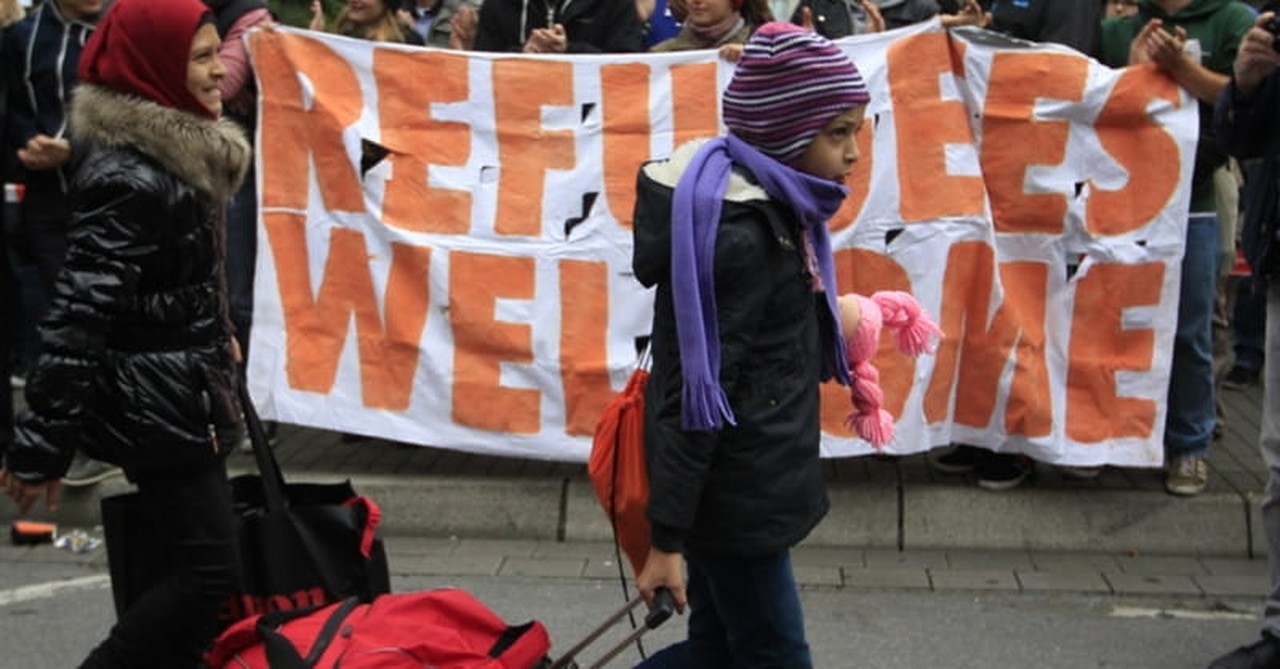
5. In light of recent terror attacks in Europe, what advice do you have for nations deliberating on the refugee crisis?
SLIDE 5 OF 7
Most refugees are victims of a complex political game in which Western countries are involved. That’s one reason we must not punish the victims of these politics who now come to our countries as refugees. We should distinguish between different Islamic movements and support those that recognize human rights, democracy, and religious freedom. Don’t believe populist propaganda that claims that refusing to accept any refugees will stop terrorism. The terrorist attacks may continue for a long time, because the seed of hatred against the Western world has been sown and is still growing.
6. Following the liberation of Mosul in July, have Syriac Christians begun to move home and rebuild? Why or why not?
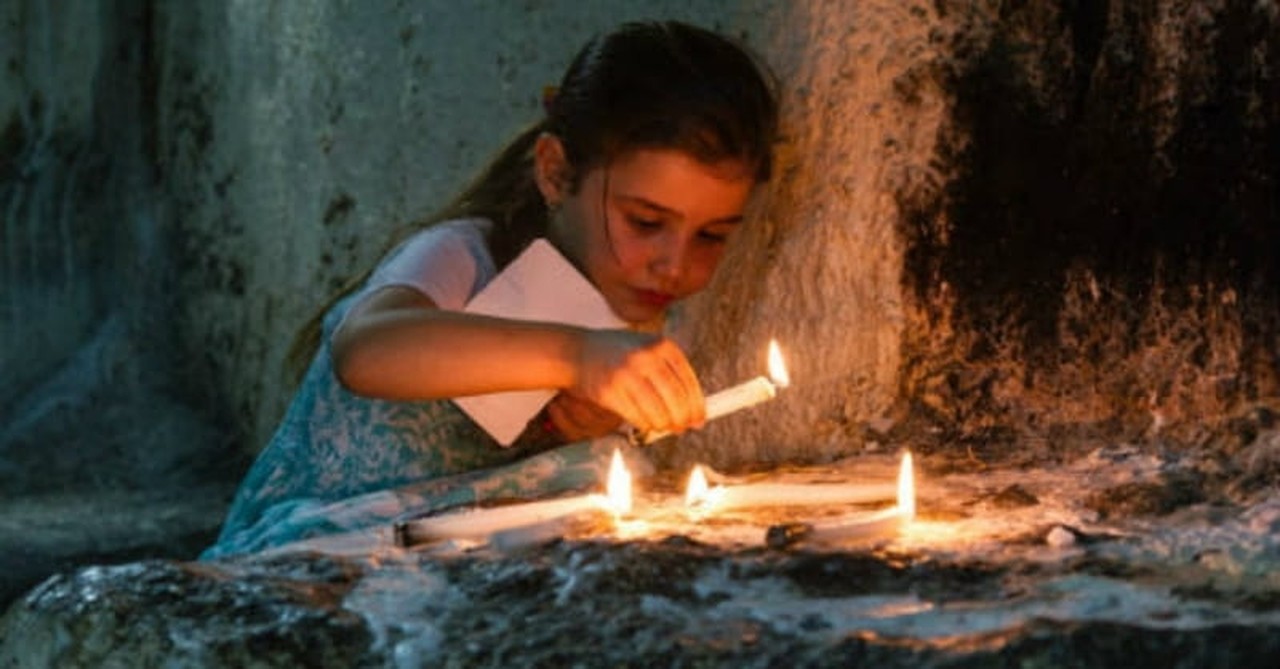
6. Following the liberation of Mosul in July, have Syriac Christians begun to move home and rebuild? Why or why not?
SLIDE 6 OF 7
There are very few Christians returning to Mosul because there is no political plan to guarantee them any future. The alliance between the Iraqi army and the Kurdish fighters was only created to defeat ISIS. There are a lot of tensions between the two groups. Neither side has any real interest in helping the Christians return to their homeland. In fact, Muslims now occupy most of the Christians’ homes. They have no chance of getting their houses back by going to court.
Photo courtesy: World Watch Monitor
7. Your book "The Last Christians" reminds us that Christians are among those who have been forced from their homeland, not just Muslims. How did that realization affect your understanding of the refugee crisis?
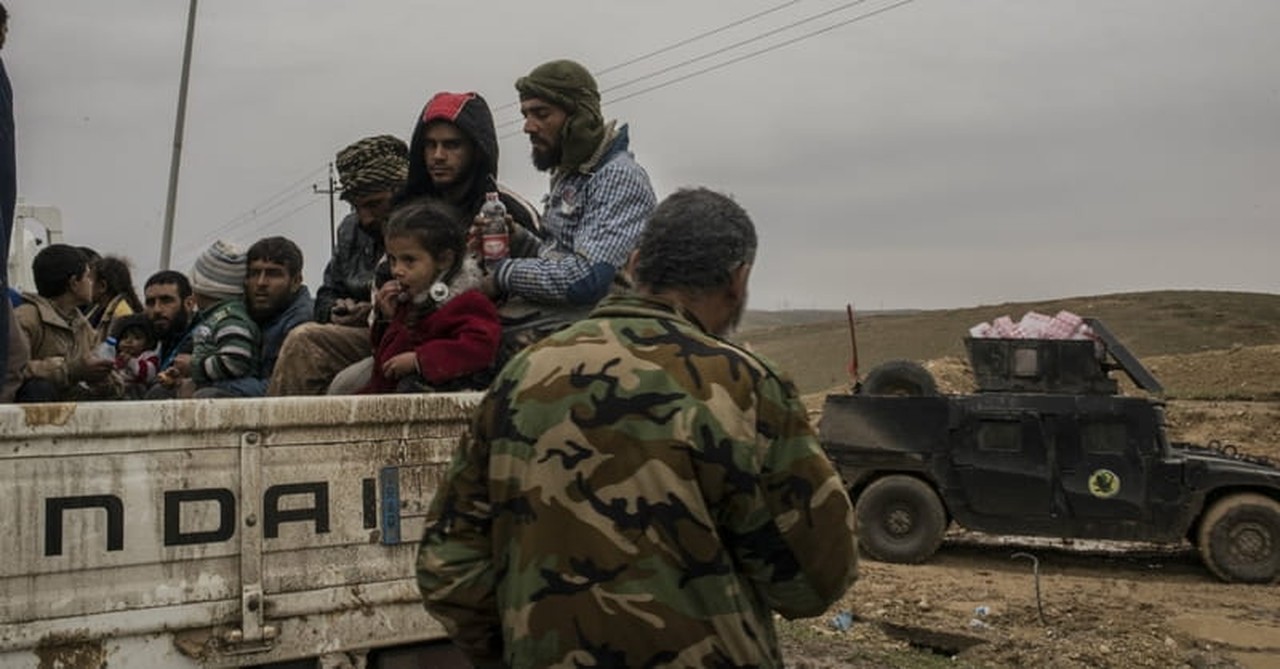
7. Your book "The Last Christians" reminds us that Christians are among those who have been forced from their homeland, not just Muslims. How did that realization affect your understanding of the refugee crisis?
SLIDE 7 OF 7
I’m living in Leipzig, a large town in what used to be East Germany, where a lot of refugees have arrived in the last three years. My new neighbors came from Afghanistan, Iraq, and Syria. Most of them are Muslims, but I discovered that some of them were Christians. Meeting them helped me understand the complexity of the refugee issue.
We should not speak of a refugee crisis but of human beings who have suffered in terrible wars and lost all their belongings and sometimes even members of their families. As Christians we try to follow the example of Jesus, and so we have to help all the refugees regardless of their nationality, religion, or language. But we have to help the Christians in a special way—not only because they are brothers and sisters in the faith, but because they belong to a very threatened minority. Most Muslims can still find Muslim countries in the Middle East where they are accepted as brothers and sister in faith and can live in peace. That some very rich Arab countries don’t accept Muslim refugees is a scandal. However for the Christians there is really no place in the Middle East where they can practice freedom of religion. So we have to accept them with preference—it’s a question of justice.
Photo courtesy: Getty Images
Publication date: September 6, 2017
Originally published September 08, 2017.



